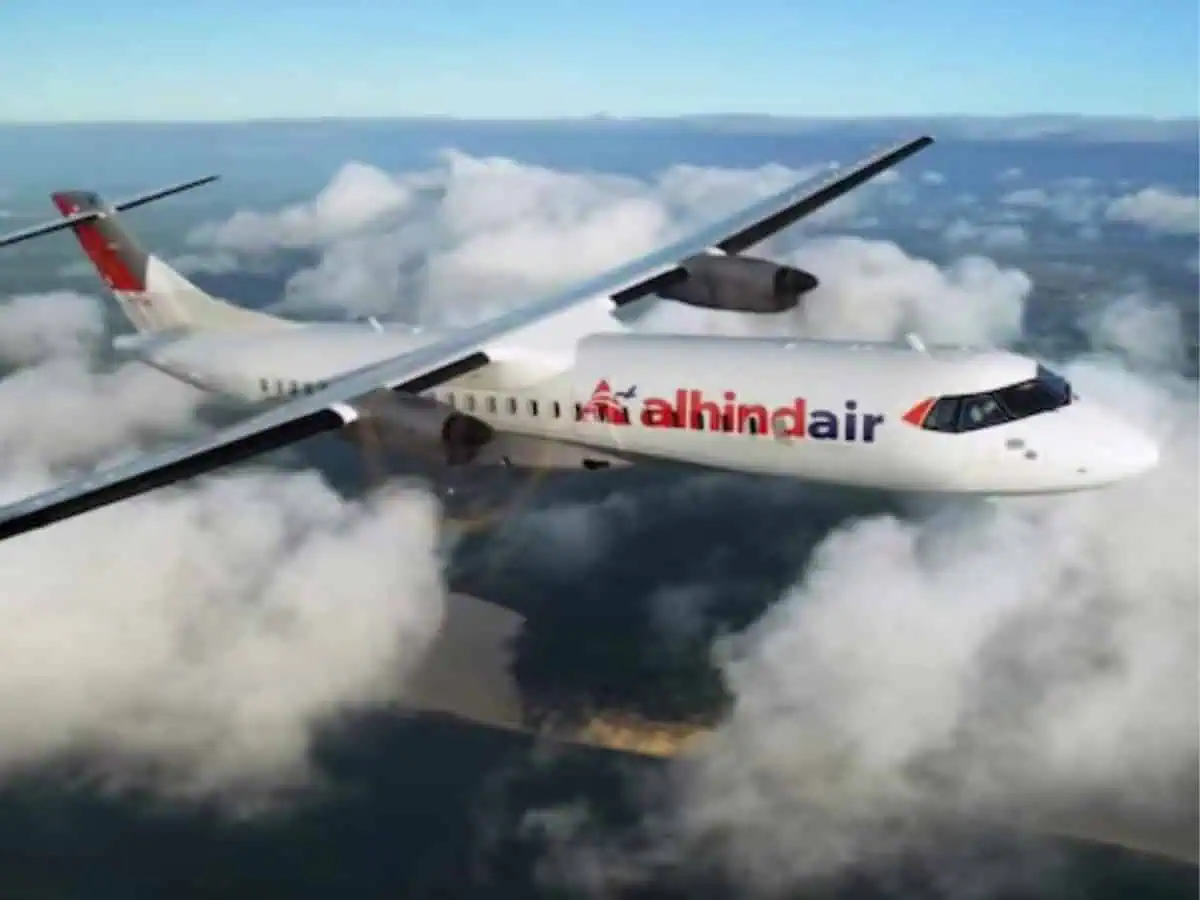The signatory airlines operate more than 800 aircraft and carry over 177 million passengers on 1.8 million flights per year
The World Economic Forum (WEF) has announced that 20 airline members of its Target True Zero initiative have committed to using new technologies to combat climate change.
The statement said: “The adoption of these technologies into the global fleet – through either new aircraft design or the retrofitting of conventional aircraft – can help reduce the climate impact of our operations while preserving the immense economic and social benefits that aviation brings to the world.”
The signatory airlines operate more than 800 aircraft and carry over 177 million passengers on 1.8 million flights per year. These include Aero, Air New Zealand, Air Nostrum, Alaska Airlines, Amelia, ASL Aviation Holdings, Braathens Regional Airlines, Easyjet, Finistair, Icelandair, Iskwew Air, Loganair, Mokulele, Ravn Alaska, Soundsair, Southern Airways Express, Surf Air Mobility, Viva Aerobus, Waltzing Matilda Aviation, and Xwing.
The Target True Zero initiative was launched in July 2021 to develop understanding about how new propulsion technology can address the climate impacts of aviation, and how the deployment and scaling of such technologies can be accelerated
The airlines have begun by concentrating on short-haul flights, and are working towards employing novel propulsion technologies for 30 per cent of aircraft, that serve routes of 750km or less, added to their fleets from 2030 onwards. They will then decarbonise longer range aircraft “once this becomes technologically and economically viable”.
The signatories also called on aerospace manufacturers to prioritise innovation that will enable them to meet such targets, and also urged governments to implement policies to incentivise operators to adopt these technologies and address the infrastructure issues needed to support their use in airports globally.
The Target True Zero initiative was launched in July 2021 to develop understanding about how new propulsion technology can address the climate impacts of aviation, and how the deployment and scaling of such technologies can be accelerated.
************************************************************************
Readers











